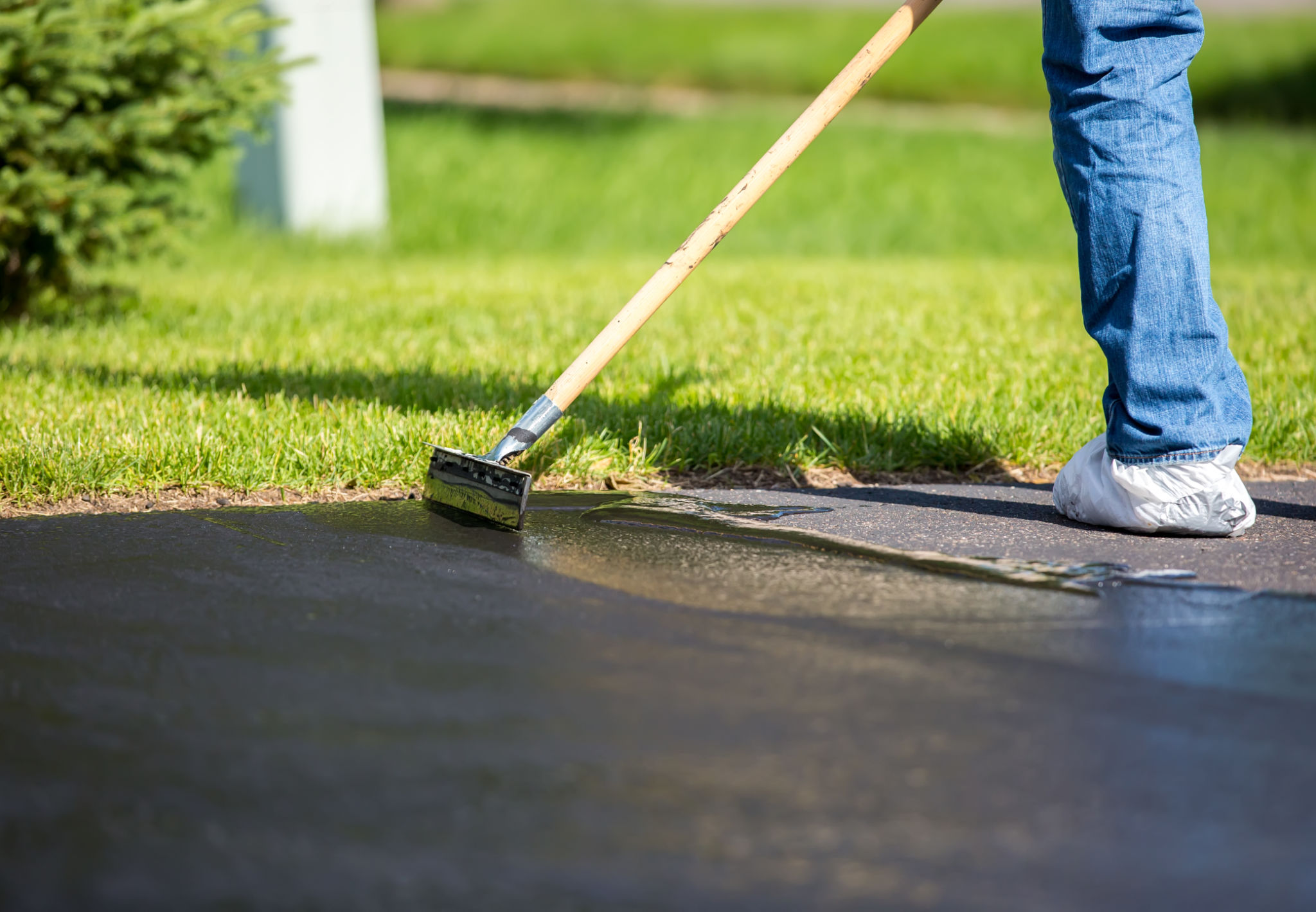Comparing Concrete and Asphalt: Which is Best for Your Driveway?
Introduction to Driveway Materials
When it comes to choosing the material for your driveway, two of the most popular options are concrete and asphalt. Both have their own advantages and disadvantages, making it crucial to consider several factors before making a decision. In this post, we'll explore the key differences between concrete and asphalt driveways to help you determine which is the best choice for your home.

Durability and Longevity
One of the main considerations when selecting a driveway material is how long it will last. Concrete driveways are known for their durability and can last 30 years or more with proper maintenance. On the other hand, asphalt driveways generally have a lifespan of 20 years, though this can vary depending on climate and upkeep.
The longevity of concrete is attributed to its resistance to heavy loads and its ability to withstand harsh weather conditions. Asphalt, while also durable, is more susceptible to cracking and deformation in extreme temperatures.
Maintenance Requirements
Maintenance is another important factor to consider. Concrete driveways require minimal maintenance beyond occasional cleaning and sealing every few years to prevent cracking and stains. Conversely, asphalt driveways need more frequent maintenance, including resealing every 3 to 5 years to maintain their appearance and functionality.

If maintenance is a significant concern for you, concrete might be the preferable option due to its lower upkeep requirements. However, some homeowners prefer the flexibility of asphalt, as it's easier to repair individual sections if damage occurs.
Cost Considerations
Cost can be a deciding factor for many homeowners. Asphalt driveways are typically less expensive to install than concrete, which can make them an attractive option for those on a tight budget. However, it's important to weigh the initial cost against long-term expenses related to maintenance and lifespan.
- Asphalt: Lower initial cost but higher maintenance expenses.
- Concrete: Higher initial cost but potentially lower long-term maintenance costs.

Aesthetic Appeal
Both concrete and asphalt offer unique aesthetic benefits. Concrete driveways provide a clean, modern look and can be customized with various finishes, colors, and patterns to enhance your home's curb appeal. Asphalt driveways, while more limited in customization options, offer a classic black finish that complements many home styles.
Your choice may ultimately depend on personal preference and how you envision your home's exterior appearance. If you desire more design flexibility, concrete might be the better option for you.
Environmental Impact
Considering the environmental impact of your driveway material is also essential. Concrete production is often associated with higher carbon emissions due to the energy-intensive process of cement manufacturing. However, concrete's longevity can offset its environmental footprint over time.
Asphalt is typically considered more environmentally friendly in terms of production but requires petroleum-based materials. Additionally, its shorter lifespan may lead to more frequent replacements.
Conclusion: Making Your Decision
Ultimately, the decision between concrete and asphalt for your driveway should be based on your specific needs and priorities. Consider factors like budget, maintenance preferences, aesthetic desires, and environmental concerns when making your choice.
By weighing these considerations carefully, you'll be well-equipped to select the driveway material that best suits your home and lifestyle.